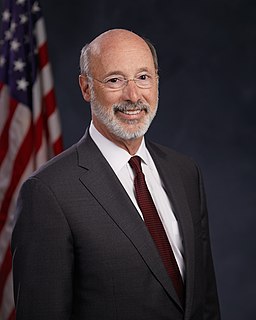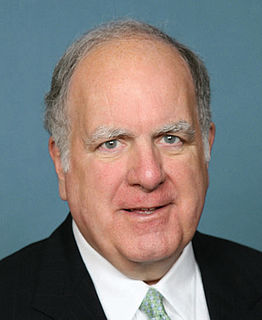A Quote by Manmohan Singh
Cutting the fiscal deficit is not popular. That is the experience of all governments in all countries. Expenditure cuts hurt certain vested interests, and they don't like it.
Related Quotes
When it comes to the budget, we know that we shouldn't be cutting more on core investments, like education, that are going to help us grow in the future. And we've already seen the deficit cut in half. It's going down faster than any time in the last 60 years. So why would we make more cuts in education, more cuts in basic research? Nobody thinks that's a good idea.
There is an opinion that parties in free countries are useful checks upon the administration of the government, and serve to keep alive the spirit of liberty. This, within certain limits, is probably true, and, in governments of a monarchical cast, patriotism may look with indulgence, if not with favor, upon the spirit of party. But in those of the popular character, in governments purely elective, it is a spirit not to be encouraged.
Climate change should not fundamentally be seen as a political or partisan issue, but it has been turned into a political football primarily by the climate deniers who have a vested interested in maintaining the status quo. That includes certain industrial interests, financial interests and political interests.
The continuation of authority has frequently proved the undoing of democratic governments. Repeated elections are essential to the system of popular governments, because there is nothing so dangerous as to suffer power to be vested for a long time in one citizen. The people become accustomed to obeying him, and he becomes accustomed to commanding, hence the origin of usurpation and tyranny.
Pennsylvania is facing challenging economic times, a multi-billion dollar budget deficit, and negative cash flow projections. My Budget Deficit and Fiscal Stabilization Task Force will get to work to determine the scope of the challenges facing Pennsylvania and begin to discuss how we can get Pennsylvania's fiscal house in order.
Democrats in Washington predicted that tax cuts would not create jobs, would not increase wages, and would cause the federal deficit to explode. Well, the facts are in. The tax cuts have led to a strong economy. Real wages were on the rise, and deficit has been cut in half three years ahead of schedule.
If cuts have to be made, the question then becomes which expenditure adds the least value? This is possibly what drives companies to reduce their advertising expenditure - simply because they do not understand its full value and especially as it is usually the single biggest investment on the balance sheet.
With unfailing consistency, U.S. intervention has been on the side of the rich and powerful of various nations at the expense of the poor and needy. Rather than strengthening democracies, U.S. leaders have overthrown numerous democratically elected governments or other populist regimes in dozens of countries ... whenever these nations give evidence of putting the interests of their people ahead of the interests of multinational corporate interests.












































